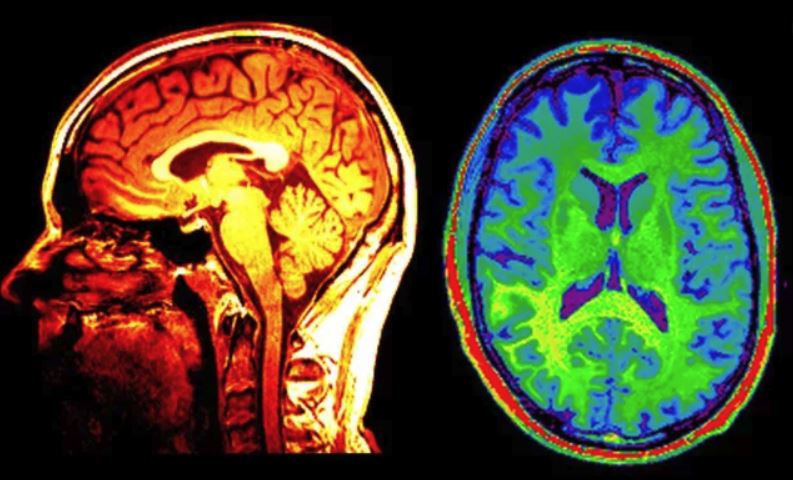Zapping the brain for just 25 minutes boosts memory as scientists say weak electrical currents could also be used to treat Alzheimer’s
It takes only a weak electrical current to restore thinking powers, experts say. The tiny pulses of electricity are thought to synchronize their brainwaves
Zapping the brains of older people can give them the memory of someone in their 20s. It takes only a weak electrical current to restore the thinking powers of people over 60, scientists found.
Dr Robert Reinhart, who led a study on the technique from Boston University, said: ‘These findings are important because they not only give us new insights into the brain basis for age-related working memory decline.
‘But they also show us that the negative age-related changes are not unchangeable – that we can bring back the more superior working memory function that we had when we were much younger.
‘This is important because everyone knows the global population is rapidly ageing.
Scientists now believe older people can partly blame their bad memories on two regions of the brain getting ‘disconnected’.
The temporal and prefrontal parts of the brain work together in young people, providing the short-term ‘working memory’ that makes it easy to remember shopping lists and telephone numbers and make decisions.
Their brainwaves – the electrical waves which ripple through the brain as brain cells work at the same time and ‘talk’ to each other – are all synced up.
In older people, these brainwaves were found to be out of rhythm, but a replacement electric current outside the head may set them back on track.
Researchers used an electric current on 42 people aged 60 to 76 who were tested on their memory with very similar pictures shown three seconds apart.
Compared to 42 people aged 20 to 29, they predictably did worse in the test, which involved spotting missing, rotated, distorted or added items in the pictures from memory.
But when they were zapped with electricity, for just 25 minutes, their scores improved from around eight out of 10 to nine out of 10. This put them at the same level as people in their 20s.
The study, published in the journal Nature Neuroscience, found the effects of being zapped with electricity lasted for at least 50 minutes.
The pulsing electric current was matched to the rhythm of the brainwaves recorded by electrodes inside their head.
Professor Robert Howard, professor of old age psychiatry at University College London, said: ‘While this is an interesting and positive piece of research, suggesting that carefully positioned and timed electrical stimulation of the brain can potentially improve short-term memory function in older people, I would caution against any uncritical assumption that this will translate into clinical benefit.
‘The findings need to be replicated under clinical trial conditions, with larger numbers of participants and with robust blinding of subjects and outcome assessors.’
Dr James Pickett, head of research at Alzheimer’s Society, said: ‘This study is interesting because it suggests this non-invasive technique using electrical stimulation may improve the working memory of older people.
‘However, this research didn’t look at whether this might also be helpful for people with dementia.
‘Altering and correcting the circuitry of the brain with technology is a new exciting avenue of research for dementia.
‘Deep-brain stimulation, a surgical procedure used in Parkinson’s, is proof of principle that this approach may one day be fruitful for dementia.’


